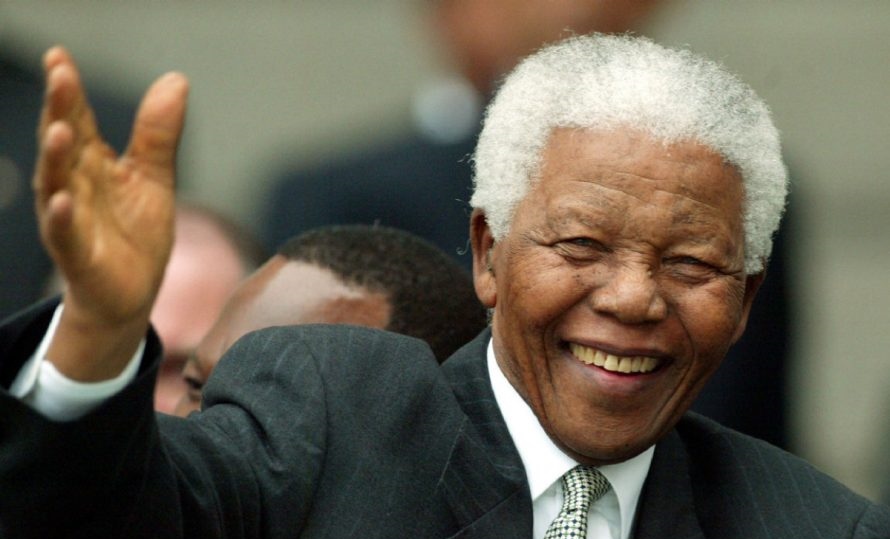Honouring Nelson Mandela
January 15, 2018 | Expert Insights

In order to honour the life and legacy of former South African President Nelson Mandela, the United Nations General Assembly, will be holding a high-level meeting focused on world peace.
The meeting will mark the social justice icon’s 100th birth anniversary and will be held ahead of the annual gathering of world leaders in September 2018.
Background
The United Nations is an international organization founded in 1945. It is currently made up of 193 Member States. It began as a replacement for the ineffective League of Nations that failed to prevent World War II. At its founding, the UN had 51 member states. The headquarters of the UN is in Manhattan, New York City, and is subject to extraterritoriality. The UN has six principal organs: the General Assembly (the main deliberative assembly); the Security Council (for deciding certain resolutions for peace and security); the Economic and Social Council (ECOSOC; for promoting international economic and social co-operation and development); the Secretariat (for providing studies, information, and facilities needed by the UN); the International Court of Justice (the primary judicial organ); and the UN Trusteeship Council (inactive since 1994).
Nelson Rolihlahla Mandela is considered one of the greatest humanitarians in history. Born on July 18th, 1918 in South Africa, he became one of the greatest champions to take down apartheid in South Africa. He served as President of South Africa from 1994 to 1999. He was the country's first black head of state and the first elected in a fully representative democratic election. His government focused on dismantling the legacy of apartheid by tackling institutionalised racism and fostering racial reconciliation.
Through his life, he was repeatedly arrested for seditious activities and was unsuccessfully prosecuted in the 1956 Treason Trial. Influenced by Marxism, he secretly joined the banned South African Communist Party (SACP). He also co-founded the militant Umkhonto we Sizwe in 1961 and led a sabotage campaign against the government. In 1962, he was arrested for conspiring to overthrow the state and sentenced to life imprisonment in the Rivonia Trial. Mandela served 27 years in prison, initially on Robben Island, and later in Pollsmoor Prison and Victor Verster Prison. Even though he began a militant revolutionary group, he is known for adopting largely peaceful tactics to fight for justice. He is still considered an icon for social justice across the world. He passed away on December 2013.
Analysis
In order to honour the life and legacy of former South African President Nelson Mandela, the United Nations General Assembly, will be holding a high-level meeting focused on world peace. The meeting will mark the social justice icon’s 100th birth anniversary and will be held ahead of the annual gathering of world leaders in September 2018.
The decision to hold the meeting on world was taken on December 2017. The resolution was titled, Nelson Mandela Peace Summit. Martha Ama Akyaa Pobee (Ghana) who spoke on behalf of African Group said the life of Nelson Mandela had been formed by his selfless commitment and deep sense of duty to South Africa, Africa and humanity as a whole. Mandela had ushered South Africa out of the insidious system of apartheid and strengthened national unity to avoid a civil war. The summit was envisaged as an official United Nations event on the eve of the seventy-third session in 2018.
In 2009, the General Assembly established "Nelson Mandela International Day" on July 18, the date he was born in 1918. On this day, UN has called on the citizens of the world to honour Mandela’s legacy by making a difference in their own communities and addressing injustice.
Assessment
Our assessment is that the decision to conduct the Nelson Mandela Peace Summit comes at a fraught period where there is increased rhetoric regarding the possibility of nuclear war in the Korean peninsula; an impasse in Middle East and multiple conflicts across the world. Mandela was a visionary who committed himself to the cause of fighting social injustice peacefully and thus became the catalyst to end apartheid in South Africa. It is imperative to remember the lessons from his life and honour his legacy accordingly.








Comments